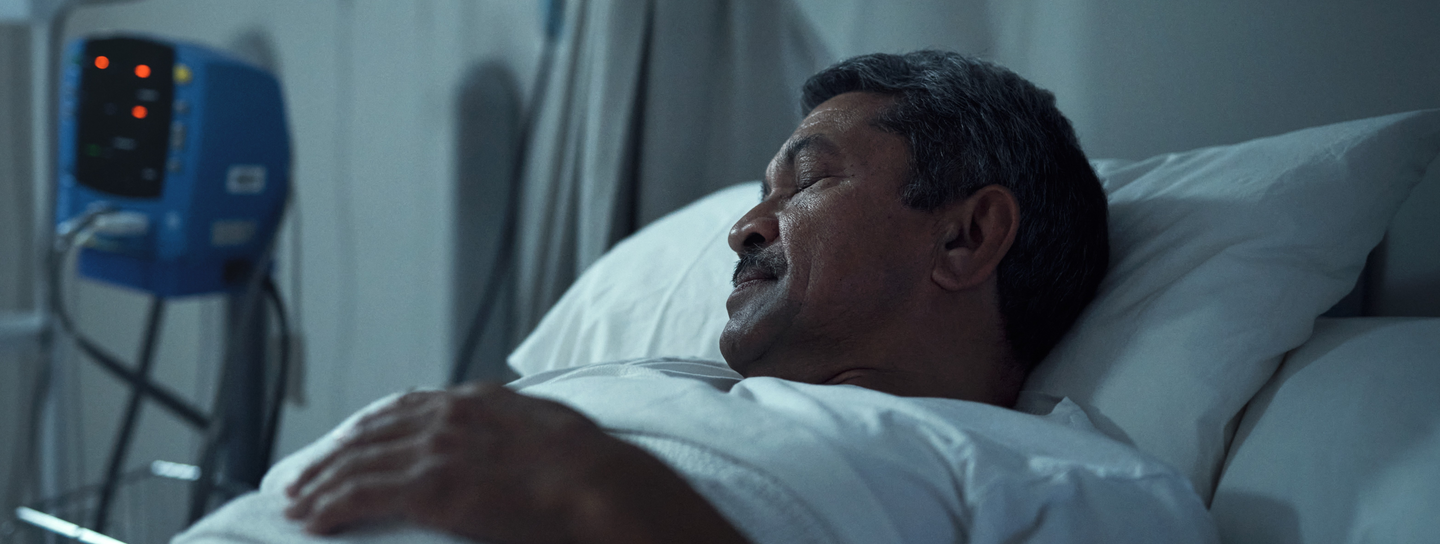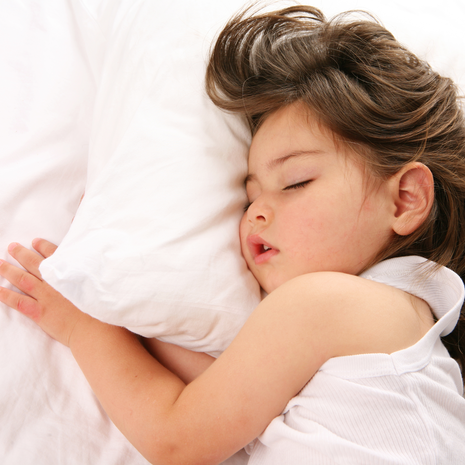
Overnight Sleep Studies

Overnight Sleep Studies
Assess Sleep and Its Impact
Sleep testing gathers data including brain waves, oxygen levels, breathing effort, airflow, heart activity, and muscle movements to help assess sleep and its impact on health and quality of life.
Adult Patients
- Fill out this questionnaire, and bring it with you the night of your appointment.
- Bring pajamas or other comfortable clothing to sleep in. You may also bring your own pillow, and blanket.
- Please ensure you hair is clean, dry, and free of products. Fingernails should be free of polish.
- Eat prior to the study, and bring any additional food or care items that you will need throughout the night and in the morning.
Pediatric Patients

- Fill out this questionnaire, and bring it with you the night of your child's appointment.
- If your child has specific behavioral concerns or special needs, please inform us before your appointment so we can make accommodations.
- If you feel your child needs additional assurance about the test, a walk-through and introduction to the sleep lab can be arranged.
- Bring pajamas or other comfortable clothing for your child to sleep in. You may also bring his or her own pillow, blanket, and a stuffed toy for comfort.
- Sensor application can take up to two hours. Keeping your child engaged with favorite books, toys, or games can help make the experience more comfortable.
- Your child's hair should be clean, dry, and free of products. Fingernails should be free of polish.
- Feed your child normally, and bring food or bottles to the study if you'll need them. Also bring any medications and care items your child will need during the night.
Your sleep technologist is not able to discuss the sleep study results. Your test will be interpreted by a sleep physician and delivered to your referring provider in two to three weeks.